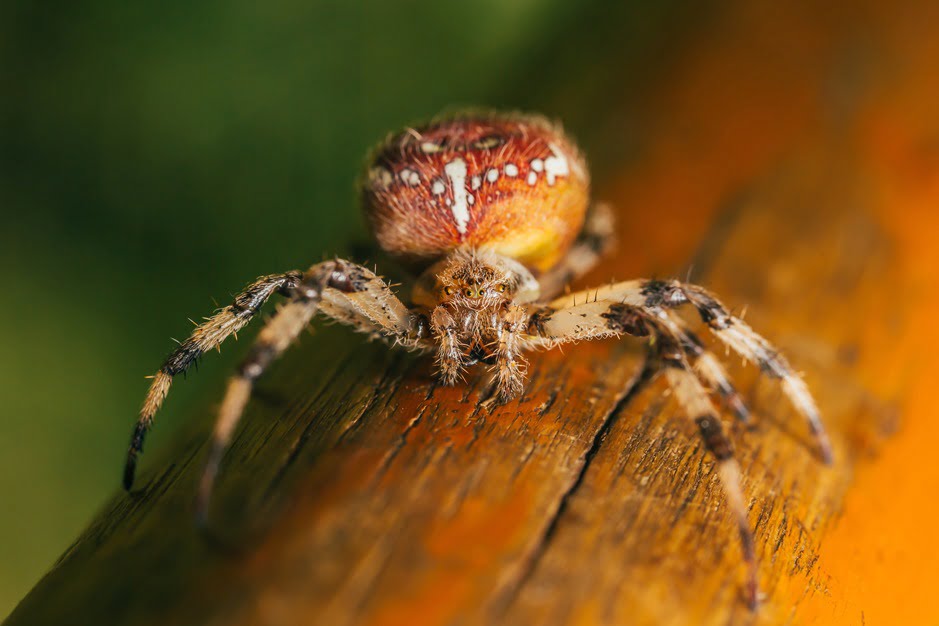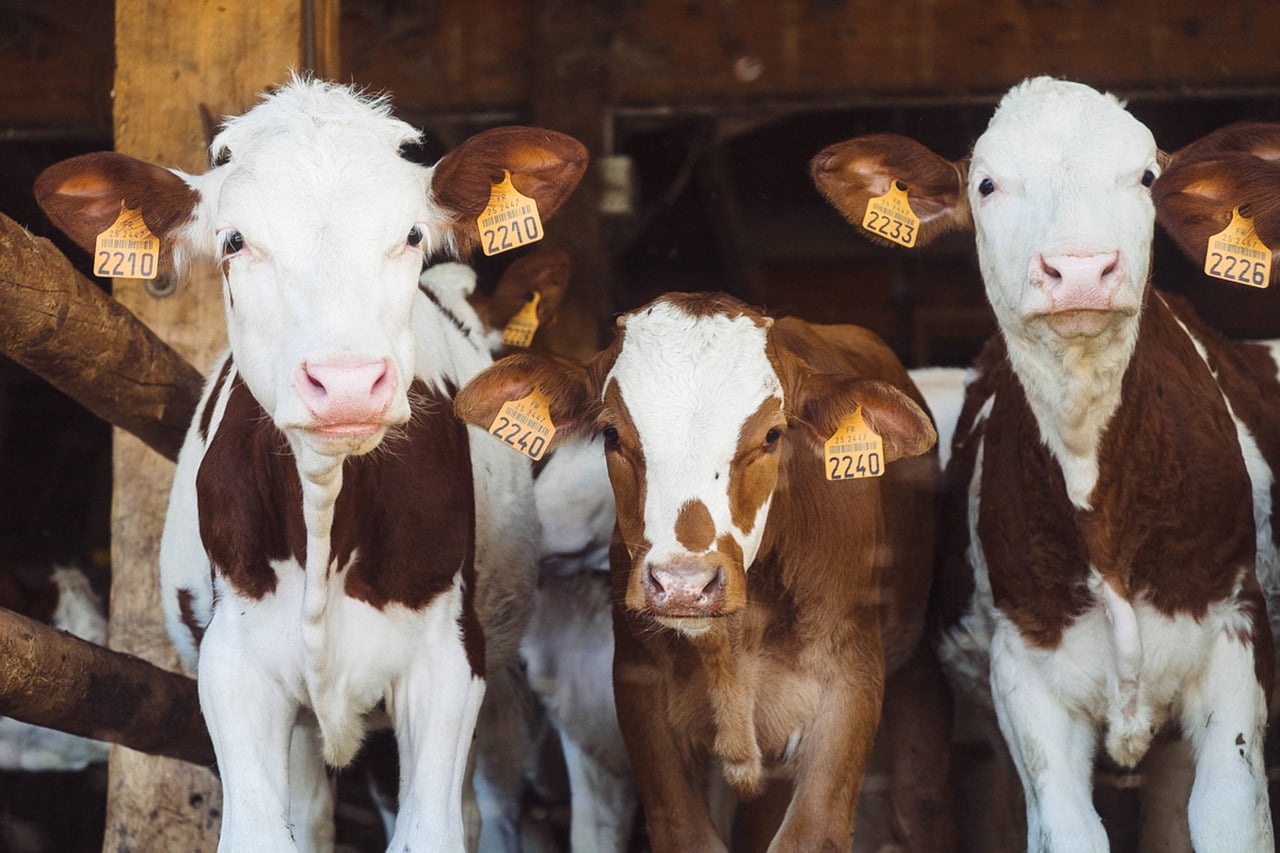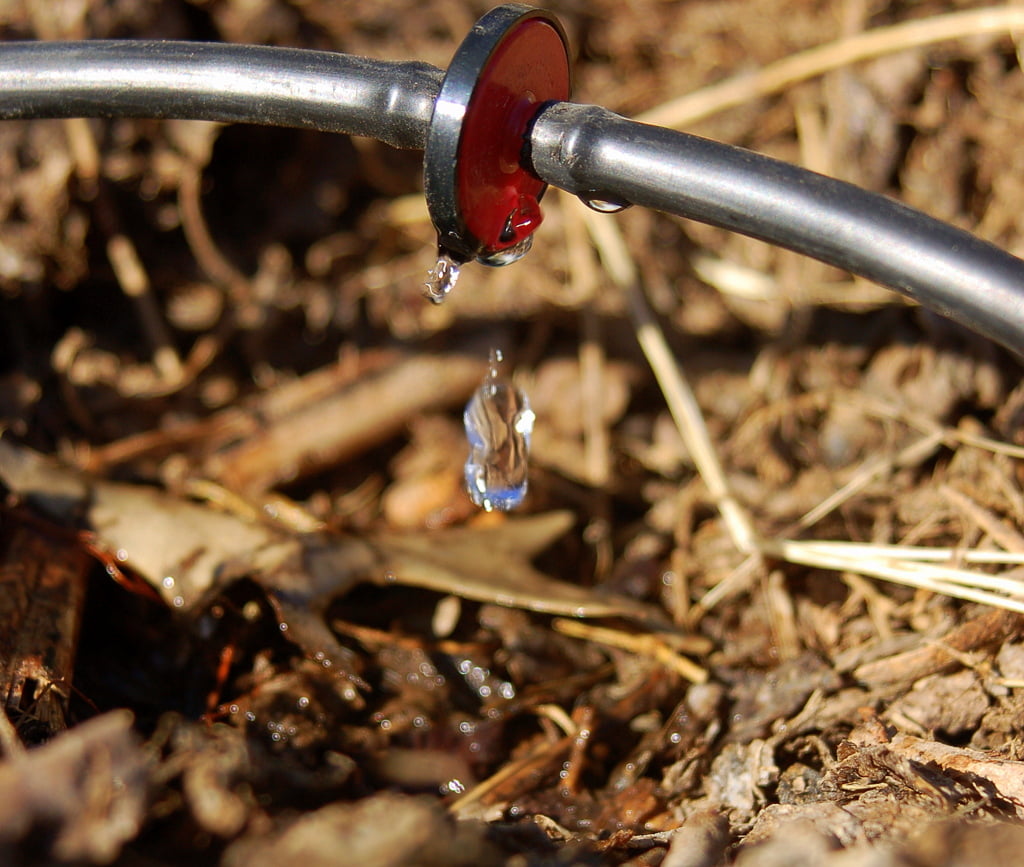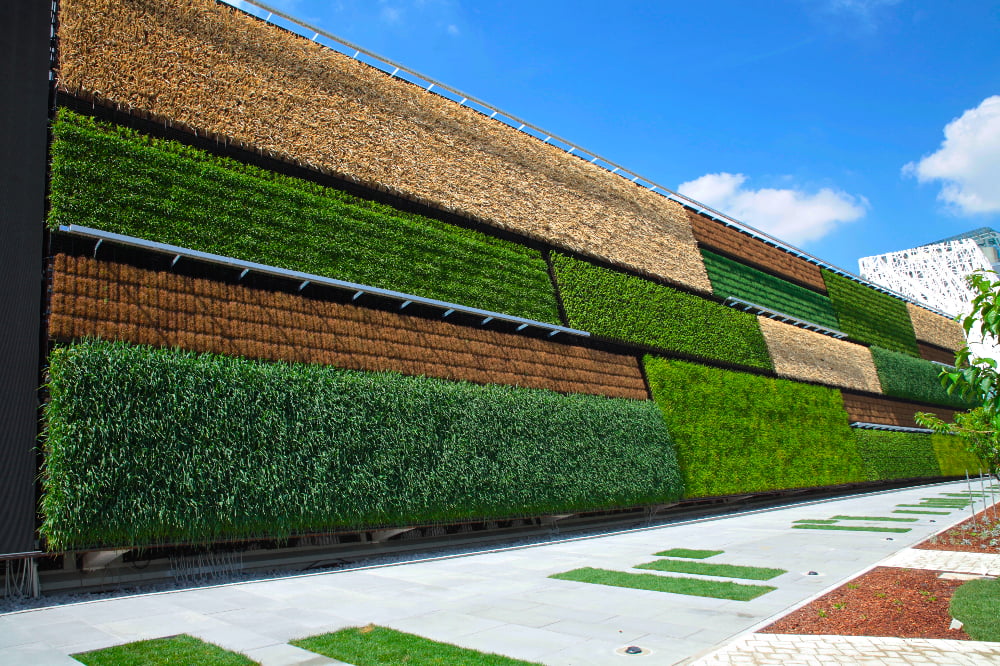As the world’s population grows far beyond the 7 billion mark, food and potable water are becoming scarce in several parts of the world. 795 million people around the globe do not have enough food to lead a healthy life, according to the World Food Programme, and 1.1 billion people do not have access to clean drinking water, according to the World Health Organization.
SEE ALSO: In Face Of Water Crisis, Indian Minister Praises Israeli Technologies: “Israel Is My Guru”
In face of global food and water shortages, several Israeli AgTech startups and companies are working to meet the ever-growing demand of the world’s expanding population, through agricultural technologies that enhance crops, conserve water and soil, and keep produce pest-free. NoCamels highlights nine of the most intriguing Israeli AgTech companies working to maximize the world’s natural resources.
Sensilize: Making the most out of soil
Sensilize strives to make the most out of a soil’s potential. Based in Haifa, the startup gathers information about a plot of land with unique sensors that provide intricate data, allowing farmers to tailor their crops to the soil’s conditions. This method allows farmers to adapt the quantities of seeding, fertilizers and water to the quantities required by the land, thus cutting costs and producing more crops, according to Sensilize.
Founded by Yoav Zur and Dr. Robi Stark in 2013, the company has so far raised $1.5 million.
BioBee: Turning mites into natural pesticides
By unleashing predatory mites onto farmlands all over the world, BioBee has helped farmers get rid of harmful insects without the use of chemicals since 1984. Located in Kibbutz Sde Eliyahu, BioBee breeds different kinds of spiders, bees and flies that prey on and eat harmful bugs. The technology helps farmers export their produce, since international regulations limit the commerce of crops that were sprayed with chemical pesticides.
The company has already exported its products to Colombia, Russia, South Africa, and India, among others.
miRobot: Robots can milk your cows!
miRobot has developed a multi-stall robotic milking system to make the milking of cows more efficient. Essentially, these automatic milking systems perform many of the duties usually executed by trained operators, such as cleaning, stimulating, and performing post-milking routines, among other tasks. By providing an alternative to human labor, miRobots cuts salary costs and increases milk production.
Founded in 2011 by Tal Bareket and David Rubin, the company has not disclosed its financial information.
ROOTS Sustainable Agricultural Technologies: Temperature control that enhances crops
Israeli company ROOTS Sustainable Agricultural Technologies aims to yield more crops by keeping the soil at its ideal temperature. Its technology involves placing water-filled pipes in the soil, regulating its temperature to the optimal condition. In other words, if the soil is too warm, Roots can cool it; and if it’s too cold, Roots will make it warmer. This technology is said to yield better results for crops such as basil, strawberries and lettuce. The pipes can also dispense water, fertilizers and pesticides around the roots.
The company was founded in 2009 by Dr. Sharon Devir and Boaz Wachtel.
Tal-Ya: Capturing dew for agricultural irrigation
Following the trend of growing more food with less water, Tal-Ya manufactures reusable plastic trays that capture dew from the air. These trays, which are made of recycled plastic, reduce the water needed by crops by 50 percent, cost $3-$5 per piece and last for 10 years.
Tal-Ya, which means ‘God’s dew’ in Hebrew, has benefitted farmers in Israel, the US, China, Chile, Georgia, Sri Lanka and Australia ever since its founding in 2005 by Avi Tamir.
Sign up for our free weekly newsletter
SubscribeMorflora: A “vaccine” for plants
Morflora’s “flu shot for plants” technology called TraitUP, “vaccinates” plants and seeds against a variety of diseases while simultaneously injecting them with new traits. One of the upsides of Morflora is that these traits are not inheritable, so future generations can opt whether to employ TraitUP to other batches of crops.
Even though genetic modification of plants is a controversial issue, Morflora claims that its solution consists of a middle ground that provides a solution to feed the world’s ever-growing population.
The company was founded in 2008 and is supported by private investors; TraitUP is a patent-pending technology developed at Israel’s Hebrew University by Prof. Haim Rabinowitch and Prof. Ilan Sela.
Netafim: Implementing drip irrigation to save water
No AgTech review is complete without Netafim. This veteran Israeli company is a pioneer in the field of drip irrigation. Netafim is now helping numerous countries around the world conserve water and save money by supplying plants with just the right amount of water.
SEE ALSO: Israeli Experts Help California Grow More Rice With Less Water
Its drip irrigation technique was developed back in the 60s by Israeli engineer and inventor Simcha Blass, along with Kibbutz Hazerim, which later started manufacturing the original drip irrigation systems on site.
Today, Netafim is the world’s leading manufacturer of drip irrigation systems, which save 30-70 percent of the water used with overhead sprays, oscillating sprinklers or rotors.
GreenWall: Vertical gardens save water and soil
By building vertical gardens in high-rise buildings all over the world, GreenWall takes self-sufficiency to a whole new level. With minimal amounts of water and soil, residents of these buildings can now grow their own food in built-in personal greenhouses, including staple foods such as rice, corn and wheat.
Thus, GreenWall saves considerable space when implementing small modular units onto a building’s sidewalls. Furthermore, the technology also helps save water through a drip irrigation system developed by Netafim.
GreenWall, which was founded in 2009 by engineer and gardening pioneer Guy Barness, has developed an advanced technology with which it erects gardens that line the walls, both inside and outside of buildings, taking up less space compared to conventional gardens.
EdenShield: Non-toxic bug repellent
EdenShield combats harmful insects with a natural, toxin-free extract that masks the odors of plants. The extract, based on desert plants that grow in Israel, leads these bugs to believe the crops aren’t where they actually are, so the pests leave them alone.
According to EdenShield, which was founded in 2012 by Yaniv Kitron and has raised $1M, “it’s like putting a ‘nose clip’ on bugs.”
Photos and videos: Courtesy of the companies
Related posts

Editors’ & Readers’ Choice: 10 Favorite NoCamels Articles

Forward Facing: What Does The Future Hold For Israeli High-Tech?

Impact Innovation: Israeli Startups That Could Shape Our Future









Facebook comments